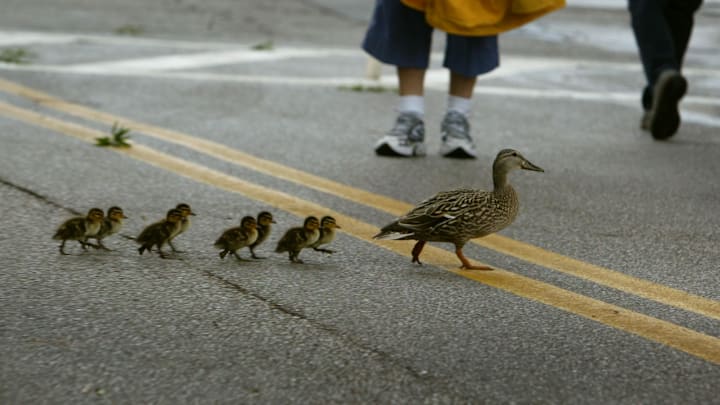Baby's First Milestones: What to Expect

Watching your baby grow and reach new milestones is one of the most exciting aspects of parenthood. Each baby develops at their own pace, but there are common milestones that most babies reach around certain ages. Understanding what to expect can help you celebrate your baby's progress and address any concerns with your healthcare provider.
One of the first major milestones is smiling, which usually occurs between 6 to 8 weeks. Your baby’s first smile is often a response to your voice or face and marks the beginning of social interaction. Encouraging smiling by talking, singing, and making eye contact can help strengthen your bond and support your baby’s emotional development.
Around 3 to 4 months, many babies begin to develop better head control and can lift their heads while lying on their stomachs. This milestone is important for building neck and upper body strength, which are crucial for later milestones like sitting and crawling. Providing tummy time while your baby is awake and supervised can help them develop these muscles.
Grasping objects is another key milestone that typically occurs around 4 to 5 months. Your baby will start to reach for and hold toys, rattles, and other objects. This development is important for fine motor skills and hand-eye coordination. Offering a variety of safe, age-appropriate toys can encourage your baby to explore and practice their grasping skills.
By 6 months, many babies can sit with support and may start to sit independently for short periods. Sitting up allows babies to explore their environment from a new perspective and engage more actively with their surroundings. Encouraging your baby to sit with support from pillows or sitting in your lap can help them build the necessary muscles and balance.
Crawling is a major milestone that typically occurs between 7 to 10 months. Babies may start by scooting, rolling, or doing the "army crawl" before they master traditional hands-and-knees crawling. Crawling is important for developing coordination and muscle strength. Creating a safe and spacious environment for your baby to move and explore can support this milestone.
Around 9 to 12 months, many babies begin to pull themselves up to stand and may start cruising along furniture. This milestone is a precursor to walking and indicates that your baby is developing the necessary strength and balance. Encouraging standing and cruising by placing toys or interesting objects on low furniture can motivate your baby to practice these skills.
Walking is one of the most anticipated milestones and typically occurs between 12 to 15 months, though some babies may start earlier or later. Your baby may take their first steps holding onto your hands or furniture before they walk independently. Offering plenty of praise and encouragement can help build your baby’s confidence as they learn to walk.
Language development is another important milestone to watch for. By 6 months, many babies start babbling, making sounds like "ba-ba" or "da-da." Around their first birthday, they may say their first words. Reading to your baby, talking to them, and responding to their sounds can support language development and encourage communication skills.
It’s important to remember that all babies develop at their own pace, and there is a wide range of what is considered normal. If you have concerns about your baby’s development or if they are not meeting milestones, it’s important to discuss this with your healthcare provider. Early intervention can be beneficial if there are any developmental delays.
In conclusion, understanding and celebrating your baby's milestones can be a joyful part of parenthood. By supporting your baby’s development through play, interaction, and a safe environment, you can help them reach their full potential. Remember to be patient and enjoy the journey as your baby grows and learns new skills.